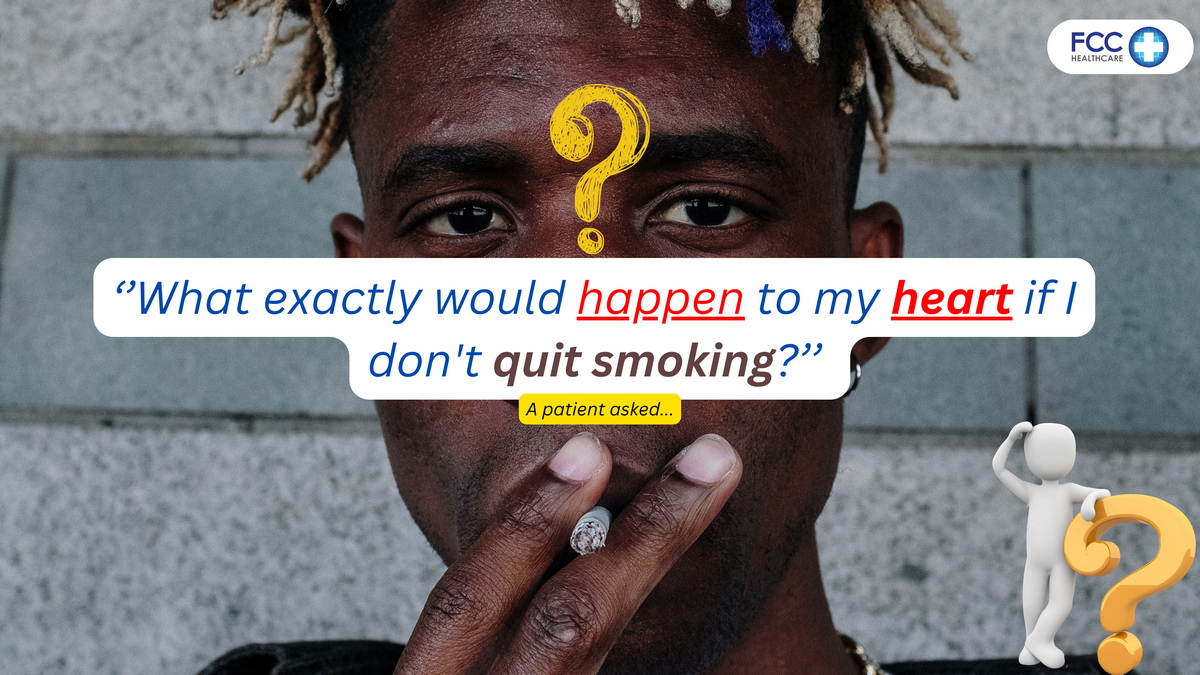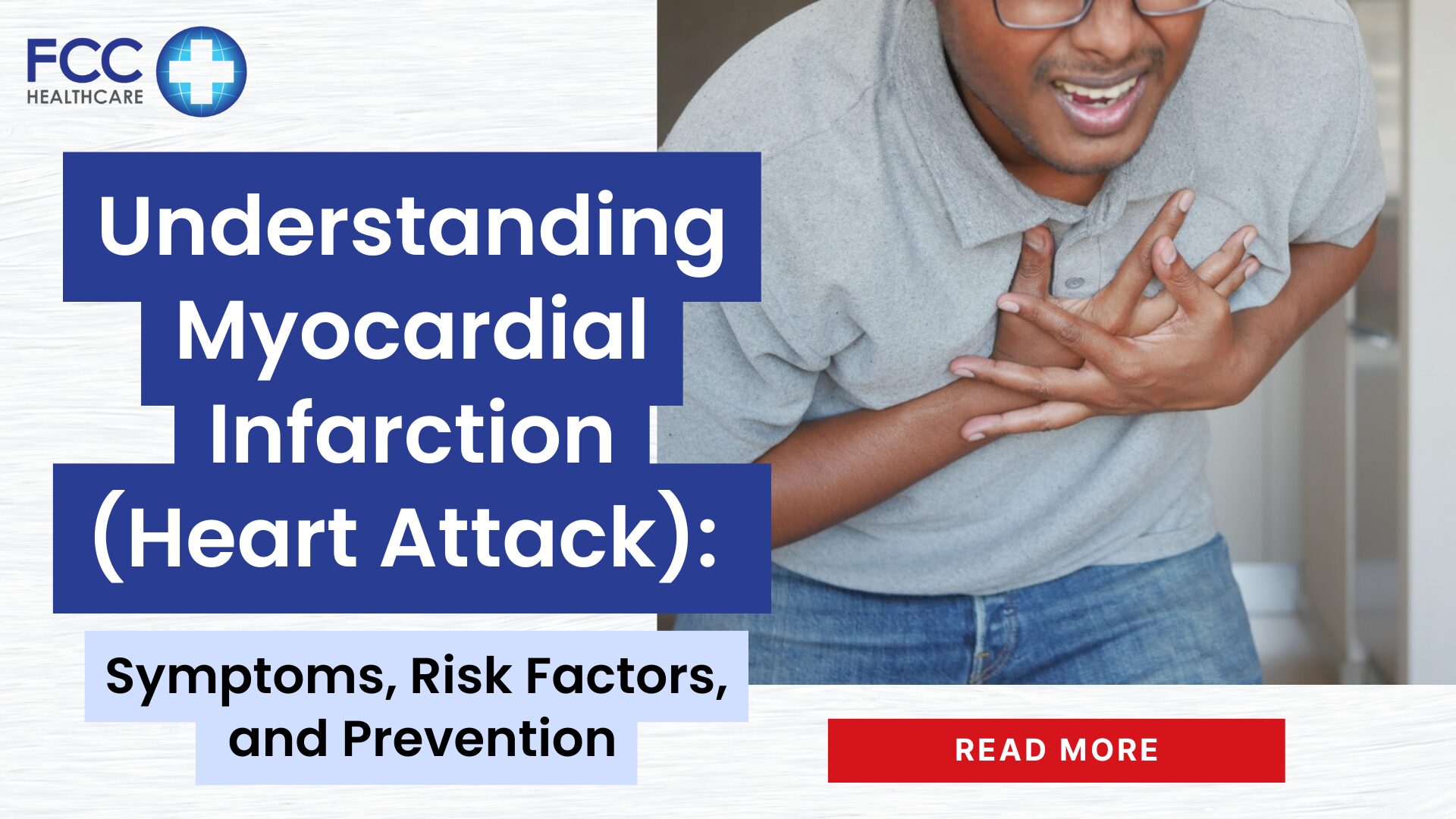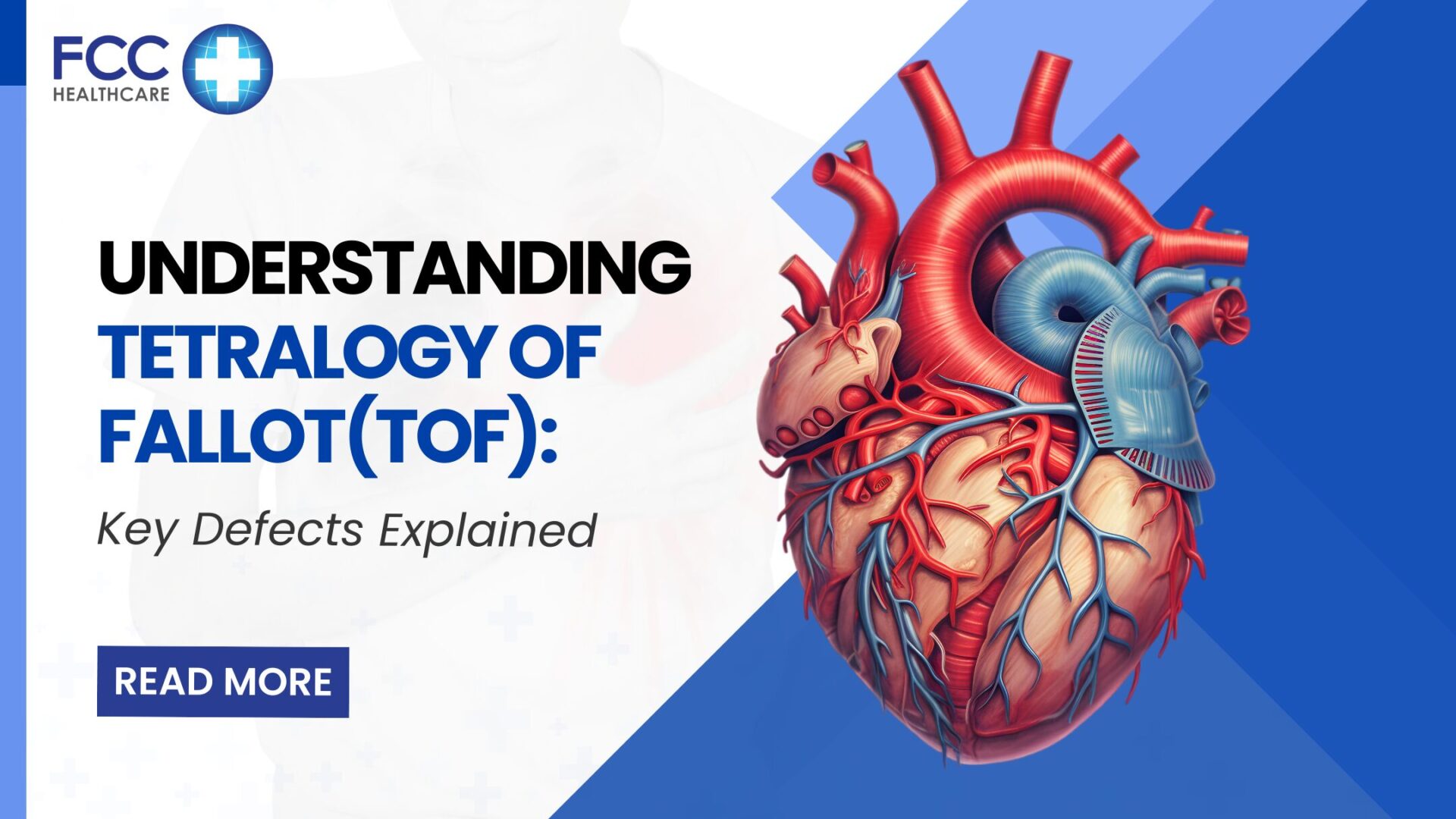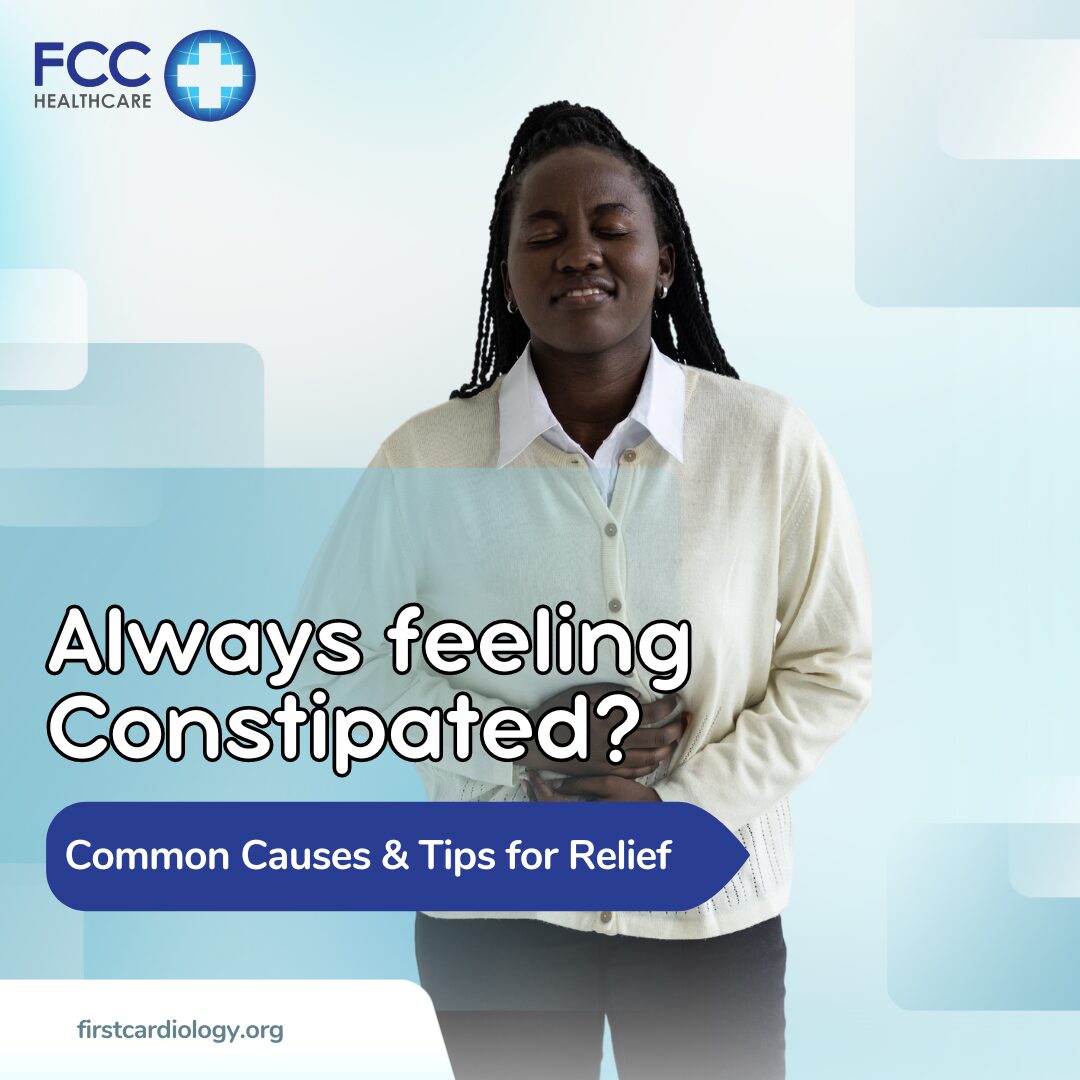Smoking is a well-known risk factor for cardiovascular diseases, and its detrimental effects on heart health
are profound. This piece explores the specific consequences that may unfold if you choose not to quit smoking. From the immediate to the long-term impacts, understanding these effects can serve as a compelling motivation to kick the habit.
Immediate Effects:
Smoking initiates an instant assault on your cardiovascular system. Nicotine and other harmful chemicals
quickly enter your bloodstream, causing an immediate spike in heart rate and blood pressure. This places
an added strain on the heart, which, over time, can contribute to the development of more serious
conditions.
Reduced Oxygen Supply:
Smoking hampers the ability of blood vessels to transport oxygen efficiently. The carbon monoxide in
cigarette smoke binds to hemoglobin, reducing its capacity to carry oxygen. This means that vital organs,
including the heart, receive less oxygen, leading to increased stress on the cardiovascular system.
Atherosclerosis and Plaque Formation:
Long-term smoking contributes to the development of atherosclerosis, a condition where arteries narrow
due to the accumulation of fatty deposits or plaque. This restricts blood flow to the heart muscle, increasing the risk of coronary artery disease, heart attacks, and other cardiovascular events.
Inflammation and Blood Clotting:
Smoking triggers inflammation within blood vessels, promoting the formation of blood clots. These clots
can obstruct arteries, further impeding blood flow and heightening the likelihood of heart-related complications.
Weakening of the Heart Muscles:
The chemicals in cigarette smoke can weaken the heart muscles over time. This weakening reduces the heart’s ability to pump blood effectively, leading to conditions such as heart failure.
Escalating Risk of Cardiovascular Diseases:
Persistent smoking dramatically increases the risk of various cardiovascular diseases, including coronary
artery disease, heart attacks, strokes, and peripheral artery disease. The longer one continues to smoke,
the higher the likelihood of these life-threatening conditions.
Impact on Blood Lipids:
Smoking alters the balance of fats (lipids) in the blood, increasing levels of LDL cholesterol (often referred to as “bad” cholesterol) while decreasing levels of HDL cholesterol (“good” cholesterol). This dysregulation contributes to the buildup of plaque in arteries.
What to do:
Quitting smoking is a step toward safeguarding your heart health. The consequences of continued smoking are substantial and can lead to severe, life-altering conditions. By breaking free from this harmful habit, individuals can significantly reduce their risk of cardiovascular diseases, allowing their hearts to recover and function optimally.




